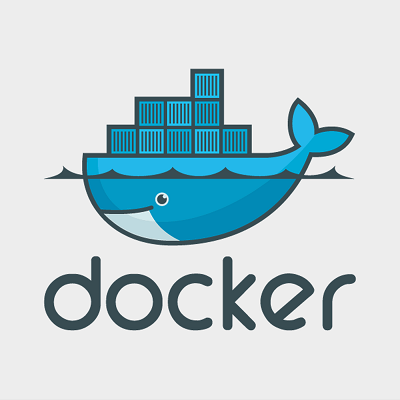Here’s the problem: I want to use Open Web Analytics (OWA), but I want to install it in a Docker container. With no official Docker image to draw from, I’m left with poorly maintained alternatives. In this article, I’ll take you through how you might use an older docker image, update it and get the […]
Discourse is a popular forum tool available as a self-hosted open-source tool. It can be installed bare-metal on Linux, but the Docker installation is one that I found most interesting. Unlike most Docker-implemented tools, Discourse has a script that runs outside of the docker containers (on your base machine) to set up the tool. This monolithic script (./discourse-setup) seems to do many of the things that docker-compose does, but obviously worse. I’m no fan of doing things this way; especially when the base alternative is nowhere on their site. My challenge this time was to build a basic docker-compose.yml that would get Discourse running in a test environment. Here’s what I did.
Docker has been an amazing tool for deploying applications fast, but as I have come to need containers that interacted with each other, the networking aspects have brought some major challenges. I wasn’t a fan of docker’s documentation either. It doesn’t explain the nuances of this process. Namely, I wanted to know how to bring up a container and right from the start assign an IP address. Let me show you how that’s done.
If you’ve been following news about security and encryption tools, no doubt you’ve heard of the shutdown of popular open source encryption tool TrueCrypt. Given that using TrueCrypt was considered one of a handful of ways for individuals to protect data in the wake of recent NSA spying revelations, this unexpected news has rocked the Internet.
You could use Bitlocker on Windows, or you could use an incredibly useful and versatile open source tool called TrueCrypt. Over the course of this article, I’ll show you why you’ll be telling others that TrueCrypt is a CWL best utility.
The problem is, that most Linux systems feel like, well, Linux. What if there was a Linux version aimed directly at Windows users? There is probably more than one, but one I wanted to look at was Zorin OS, let me show you what I think.






